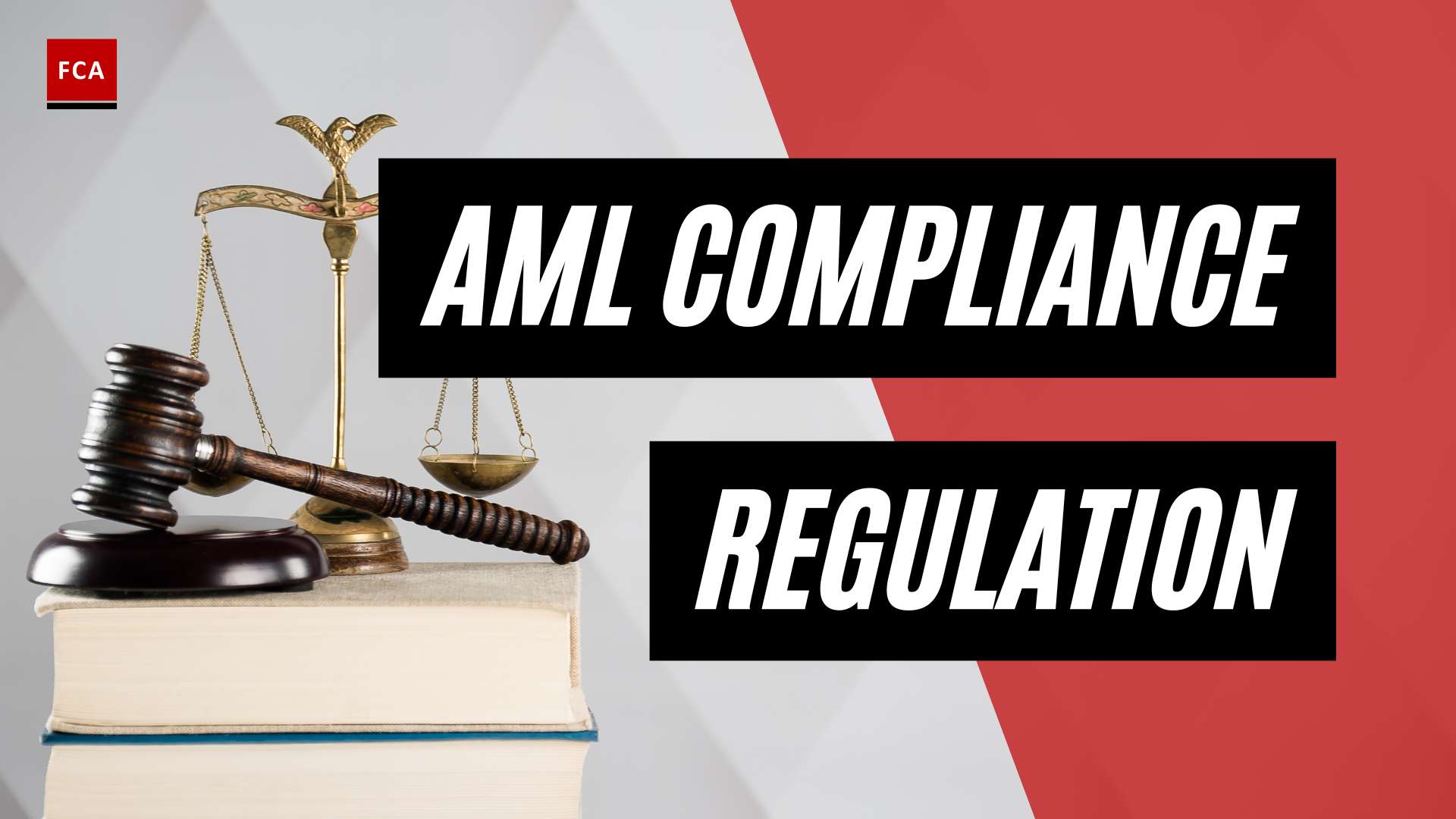The Basel Committee, which is headquartered in Basel, Switzerland at the Bank for International Settlements (BIS), is a group of bank supervisory authorities from 28 countries. The committee itself, which is made up of a representative of each central bank and a representative of the body with formal responsibility for the prudential supervision of banking business where different in each country, meets four times a year. It also has about 30 technical working groups and task forces, which meet regularly. It has no authority to make legally binding pronouncements but formulates broad supervisory standards and guidelines and recommends best practices.

What is the Basel Committee?
The Committee has a long-standing commitment to promoting the implementation of sound AML/CFT policies and procedures that are critical in protecting the safety and soundness of banks and the integrity of the international financial system. Following an initial statement in 1988, it has published several documents in support of this commitment. In September 2012, the Committee reaffirmed its stance by publishing the revised version of the Core principles for effective banking supervision, in which a dedicated principle (BCP 29) deals with the abuse of financial services.
While reviewing the findings, of an internal survey of cross-border banking, the Basel Committee identified various deficiencies in a large number of countries’ KYC policies. Judged from a supervisory perspective, KYC policies in some countries were having significant gaps, and in various cases, the policies were missing. Consequently, the Basel Committee asked the Working Group on Cross-border Banking to examine the KYC procedures in place at that time and to draw up recommended standards that applied to the banks in different countries. The resulting paper was issued as a consultative document in January 2001.
Following the review of the comments received, the Working Group revised the paper, and the Basel Committee distributed it worldwide with the expectation that the KYC framework presented will become the benchmark for supervisors, to establish national practices. For banks to design their programs, these were considered. KYC is most closely associated with the fight against money laundering, which is essentially the province of the Financial Action Task Force (FATF). It is not the Committee’s intention to duplicate the efforts of the FATF. Instead, the Committee’s interest is from a wider prudential perspective. Sound KYC policies and procedures are critical in protecting the safety and soundness of banks and the integrity of banking systems.
The Basel Committee and the Offshore Group of Banking Supervisors continue to strongly support the adoption and implementation of the Recommendations of FATF, particularly those relating to the banks. The Committee and the Offshore Group of Banking Supervisors will also consider the adoption of any higher standards introduced by the FATF as a result of its current review of the 40 Recommendations.

The BASEL committee issued a new set of guidelines that describe how banks should include risks related to money laundering and financing of terrorism within their overall risk management framework. The guidelines are drawn up to be consistent with FATF’s 2012 standards and Recommendations and to supplement their goals and objectives. They supersede two previously issued Basel Committee publications, Customer Due Diligence for Banks (October 2001) and Consolidated KYC Management (October 2004). An updated version of the guidelines was published in 2017.
The Basel Committee’s approach to the KYC is from a wider perspective, and not just from the AML perspective. It is emphasized that the robust KYC procedures must be a critical part of the effective management of ML/TF risks faced by the banks. KYC safeguards go beyond simple account opening and record-keeping and require banks to design and implement the customer acceptance policy and a customer identification program that involves more extensive due diligence for higher-risk customers and includes the proactive approach of monitoring accounts for suspicious activities.
Final Thoughts
The Basel Committee on Banking Supervision is a committee of banking supervisory authorities established in 1974 by the Group of Ten central bank governors. The committee’s membership was expanded in 2009 and again in 2014. The Basel Committee on Banking Supervision established a set of international banking regulations (BCBS). It establishes minimum capital requirements for financial institutions in order to reduce credit risk.








